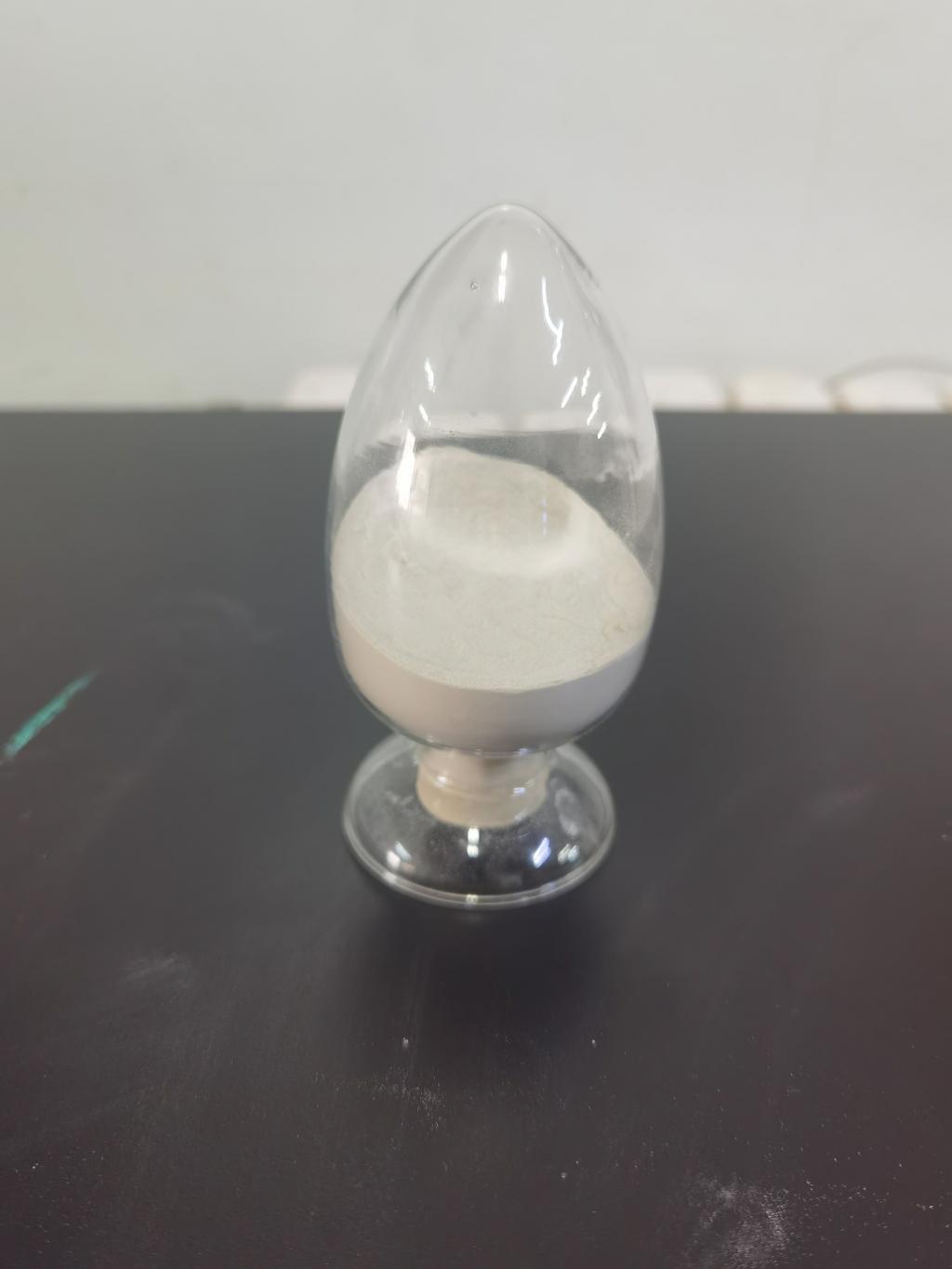Tel:+8618231198596

News
 CONTACT
CONTACT
 CONTACT
CONTACT
- Linkman:Linda Yao
- Tel: +8618231198596
- Email:linda.yao@dcpharma.cn
- Linkman:CHARLES.WANG
- Department:Overseas
- Tel: 0086 0311-85537378 0086 0311-85539701
News
Nisin's Antibacterial Properties and Applications.
TIME:2023-08-30
Antibacterial Properties of Nisin
Nisin is a bacteriocin, a class of small peptides produced by certain bacteria, particularly strains of Lactococcus lactis. What sets nisin apart is its exceptional ability to inhibit the growth of various Gram-positive bacteria, including many common foodborne pathogens. This includes bacteria like Listeria monocytogenes, Staphylococcus aureus, Clostridium spp., and Bacillus spp.
Mechanisms of Action
Nisin's antibacterial activity is underpinned by its unique mode of action. It targets bacterial cell membranes, specifically interfering with the synthesis of cell walls. The peptide binds to lipid II, an essential precursor molecule in the construction of bacterial cell walls. By binding to lipid II, nisin disrupts the normal process of cell wall synthesis, leading to the formation of pores in the cell membranes. These pores cause the cells to lose their integrity, leading to leakage of cellular contents and eventual cell death.
Applications of Nisin's Antibacterial Properties
Nisin's remarkable antibacterial properties have paved the way for its application in various domains:
Food Preservation: One of the primary applications of nisin is in food preservation. It inhibits the growth of spoilage microorganisms and foodborne pathogens in various products, extending their shelf life and improving overall safety.
Dairy Industry: Nisin's presence in dairy products, like cheese and yogurt, showcases its natural relevance in this sector. It acts as a safeguard against the growth of unwanted bacteria, thereby preserving product quality.
Meat and Poultry: Contamination of meat and poultry products with pathogens is a significant concern. Nisin's use can help control these pathogens, enhancing product safety.
Bakery Products: Baked goods, often susceptible to mold and bacterial spoilage, can benefit from nisin's antibacterial action, ensuring longer shelf life.
Beverages: Even liquid products, such as fruit juices and soft drinks, can be prone to bacterial contamination. Nisin's water-soluble nature makes it suitable for incorporation into these beverages.
Benefits and Advantages
Natural and Clean Label: Nisin's origin from natural sources aligns well with the trend toward clean-label and minimally processed foods, satisfying consumer preferences.
Reduced Reliance on Chemical Preservatives: In an era where synthetic preservatives are facing scrutiny, nisin offers a natural alternative, reducing the need for chemical additives.
Enhanced Safety: The potent antibacterial action of nisin contributes to enhanced food safety by preventing the growth of harmful pathogens.
Extended Shelf Life: By inhibiting bacterial growth, nisin contributes to prolonging the shelf life of various perishable products, reducing food waste.
Challenges and Considerations
While nisin presents numerous advantages, certain challenges and considerations must be addressed:
Regulatory Compliance: The use of nisin as an ingredient is subject to regulatory approval. Compliance with these regulations is vital for its safe and legal application.
Effectiveness in Different Matrices: The effectiveness of nisin can vary depending on the specific food matrix. Understanding these variations is essential for optimal application.
Bacterial Resistance: The prolonged use of nisin, like any antimicrobial, raises concerns about the development of bacterial resistance. Monitoring and appropriate use are crucial.
Consumer Acceptance: Educating consumers about nisin's safety, benefits, and natural origin may be necessary to ensure its acceptance.
Conclusion
Nisin's exceptional antibacterial properties have positioned it as a promising candidate for addressing the challenges of food safety and preservation. Its specific mode of action, broad spectrum of activity, and compatibility with various food products make it an invaluable tool in ensuring the safety and quality of our food supply. By effectively inhibiting bacterial growth, nisin contributes to extended shelf life, reduced food waste, and enhanced consumer confidence. As the food industry seeks more sustainable and natural solutions, nisin's role is likely to expand, reinforcing its position as a cornerstone of modern food preservation.
- Tel:+8618231198596
- Whatsapp:18231198596
- Chat With Skype







